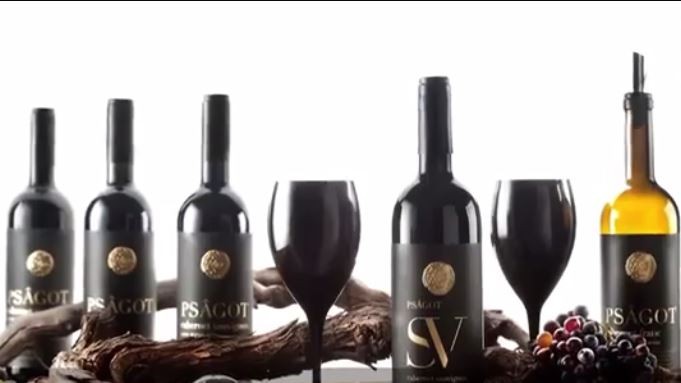The ruling is “markedly different from the widely criticized 2019 decision issued by the Court of Justice of the European Union on Psagot labels,” the Lawfare Project noted.
By World Israel News Staff
The Canadian Food Inspection Agency (CFIA) ruled that Psagot Winery, located in the Samaria mountains, will keep the “Product of Israel” label on its wines, according to the latest Canadian ruling.
The label, however, must include clarifying information indicating that the wines are produced in an area of the West Bank – Judea and Samaria — administered by the State of Israel, according to the ruling.
The decision follows a years-long court battle. In 2017, the CFIA ordered the Liquor Control Board of Ontario (LCBO) to prohibit vendors from selling wines produced in Judea and Samaria because they were labeled as products of Israel.
In a letter dated July 11, 2017, Vincent Caron, the LCBO’s senior policy adviser, informed vendors that the CFIA had instructed them on July 6 that “Product of Israel” – as these wines [are labelled – “would not be an accepting country of origin declaration for wine products that have been made from grapes that are grown fermented, processed, blended and finished in the West Bank occupied territory.”
The letter specifically referred to the award-winning Psagot and Shiloh wineries in Samaria.
This latest decision to allow the labeling “follows a lengthy battle in the Canadian federal courts, which began when a political ‘activist’ brought a case arguing it was ‘unreasonable’ for the CFIA to allow goods made by Jewish-owned businesses in Judea and Samaria to be labeled as products of Israel,” The Lawfare Project — an American, non-profit, think tank and litigation fund that works to protect the human and civil rights of Jewish and pro-Israel communities worldwide, according to its website – stated in a press release.
“After The Lawfare Project and our partner firm, RE-LAW LLP, were successful in our motion to add Psagot as a respondent in the lawsuit, the Canadian Federal Court of Appeal heard the case and rejected the lower court’s prohibition on the ‘Product of Israel’ label in 2021.
“The matter was then sent back to the CFIA for reconsideration in accordance with the Court of Appeal’s decision,” the press release said.
The CFIA’s ruling is markedly different from the widely criticized 2019 decision issued by the Court of Justice of the European Union on Psagot labels, which banned the “Product of Israel” designation, the Lawfare Project noted.
“We are pleased that the Canadian Food Inspection Agency has permitted our client to keep the ‘Product of Israel’on its wines along with clarifying information, rather than following the utterly misguided European decision to ban the ‘Israel’ label altogether,” said David Elmaleh, a partner at RE-LAW LLP.
“Psagot Winery will have no trouble adding context to its labels,” he added.
‘Undeniably products of Israel’
“The Lawfare Project and our international legal team are examining this decision closely and look forward to incorporating additional context to ensure that Israeli businesses operating in the West Bank continue to proudly and prominently display their ‘Product of Israel’ labels,” said Executive Director Brooke Goldstein.
“Indeed, the CFIA’s ruling appears to leave open the possibility that Psagot products can be labeled as ‘Product of Israel: Made in the Indigenous Jewish homeland in the Israeli-administered West Bank,’ or ‘Product of Israel: Made in the Shomron on land administered by the State of Israel,’” Goldstein said.
Furthermore, “the specific wines at issue are undeniably products of Israel. These are products made in territory controlled, administered, governed, and secured by the State of Israel. Psagot’s wines are made by an Israeli company subject to Israeli domestic law, Israeli taxation law, and Israeli customs law, in an Israeli community, on land indigenous to Jews.”
“While the CFIA’s decision is not perfectly reasoned, the result puts Canada in line with almost all the nations of the world, which allow the ‘Product of Israel’for such goods,” said Professor Eugene Kontorovich, who was engaged by The Lawfare Project to submit an expert statement on behalf of Psagot.
“The CFIA categorically rejected the European Union’s unique and disparaging labeling requirements, showing that the EU’s influence is less than they imagine,” he said.


